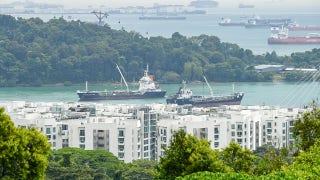Want a dead give-away that you're not from these, there parts? Just try pronouncing the names of these towns. Luckily, the locals are used to hearing tourists hack the names of these cities, so hopefully they won’t run you out of town for it.
1. Spokane, Washington
Pronounced Spo-CAN, not Spo-CANE. Spokane is a Salish tribe word meaning “children of the sun.” The city is located in northeastern Washington and is the second largest city in the state, with an estimated population of 210,103. Nestled next to the Rocky Mountains, Spokane is well-known for its natural beauty and abundance of outdoor activities.
2. Milan, Michigan
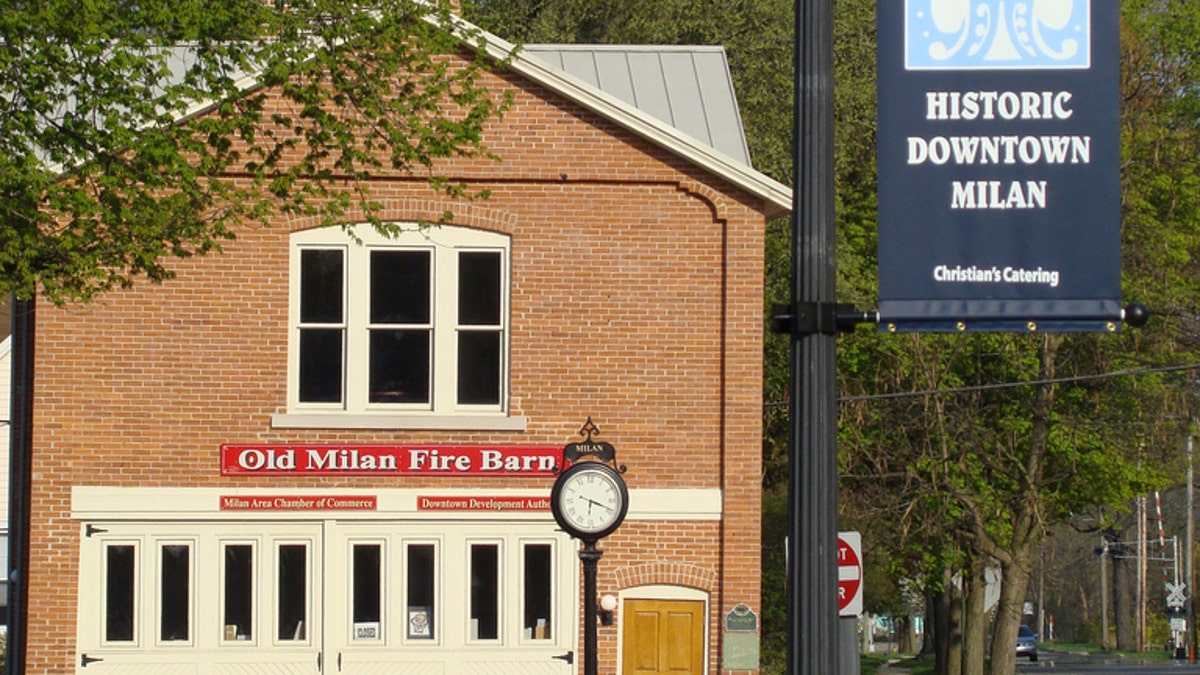
(City of Milan)
Don't even think about pronouncing this Michigan city like Italy's fashion capital. The locals call this town 40 minutes from Toledo, Ohio My-LEN, not Mi-LAHN. Milan is situated in Washtenaw County has a population of over 5,000. It's believed that Italian immigrants named the city after Milan, Italy; however, it is unclear if and how the pronunciation changed. Whether you pronounce it My-LEN or Mi-LAHN, the city doesn’t discriminate, as evident in its promotional commercial, which states, “The name is just a name.”
3. Boerne, Texas
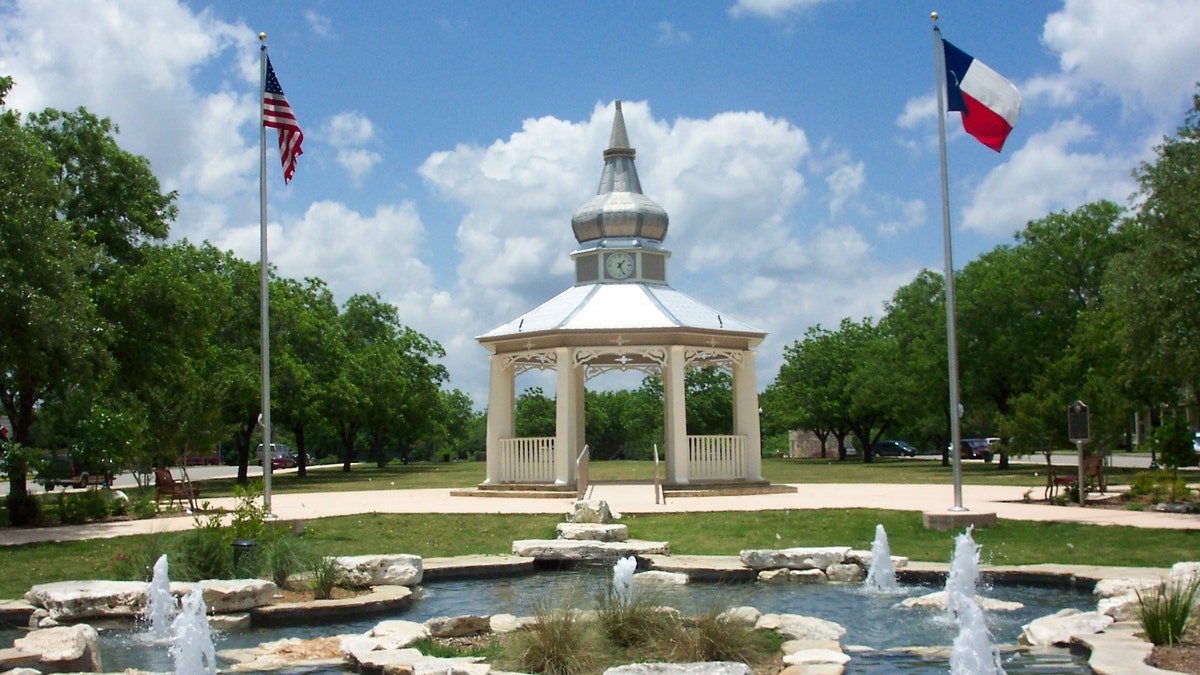
(Boerne Convention and Visitors Bureau)
Although this town is commonly mispronounced Born by out-of-towners, the locals don’t mind. The correct way to say this name is Ber-NEE. German settlers renamed this city Boerne (previously named Tusculum) to honor the German-Jewish political writer Ludwig Börne, who inspired many Germans to leave Germany during the 1840’s. Today, Boerne, just 22 miles northwest of San Antonio, is home to over 10,000 residents and is still rich in German culture. City officials recognize that tourists struggle with the pronunciation of its German name and have posted an audio clip of the correct pronunciation onto its web page. They even use the tagline: “Boerne – as unique as our name!”
4. Sequim, Washington
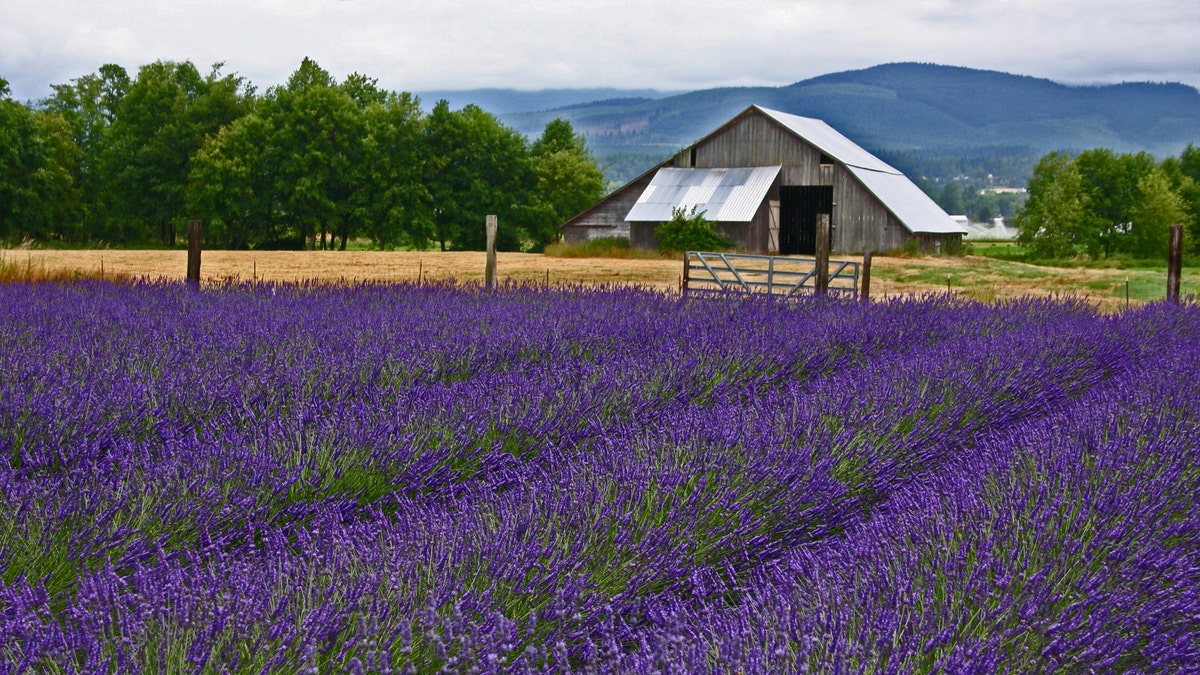
(George Gerkitz)
Sequim has been known to make some squirm before attempting to pronounce this town. The correct way to say it is Sqwim—like swim with a q thrown in for good measure. Sequim is located in Olympic Peninsula, about 65 miles from Seattle, with a population of over 6,600. The city’s name comes from the Native American language, Klallam, and was originally believed to mean “quiet waters.” However, it's now believed that Sequim translates into “place for going to shoot” or "good hunting ground."
5. Schenectady, New York
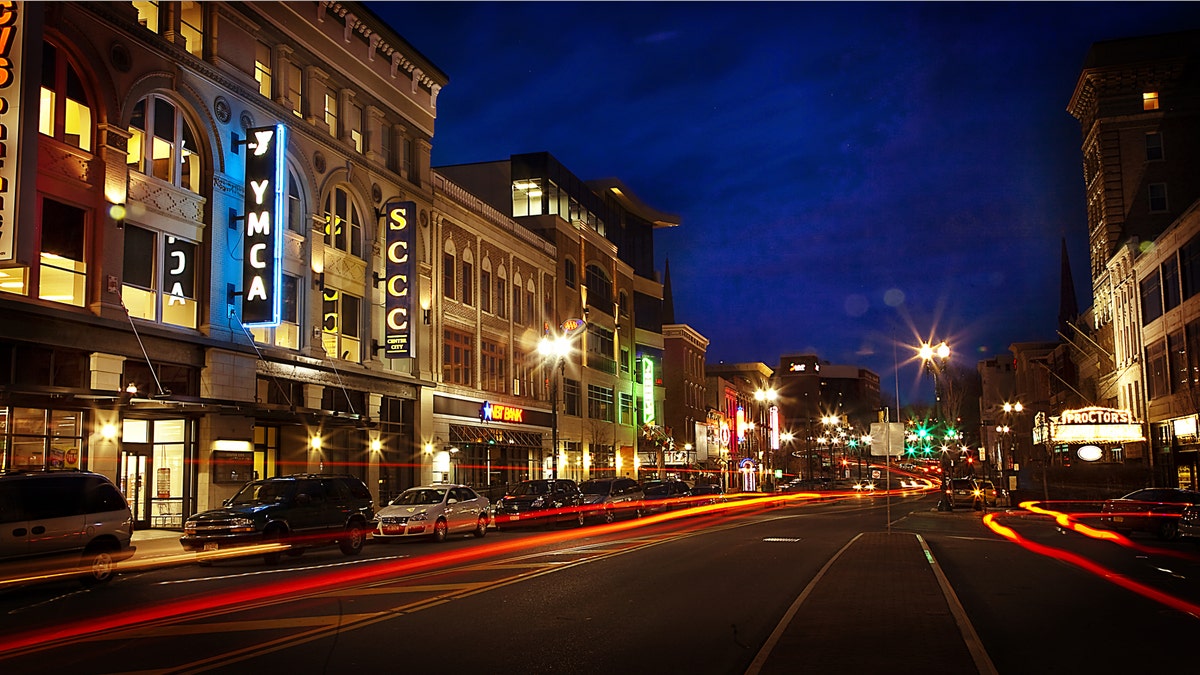
(Brian J. Moak)
Pronounced ski-NEK-tuh-dee. The Mohawk tribe of the Iroquois Nation originally called this area "Schau-naugh-ta-da," meaning “over the pine plains,” but as Dutch settlers inhabited the area in the 17th century, the spelling changed. Over the years, a couple of famous pioneers have founded groundbreaking companies out of Schenectady. Thomas Edison founded what would become the General Electric Company here and the American Locomotive Company made most of its locomotives here. A neighborhood built by General Electric Company executives still stands and is open for the public to tour.
6. Schley, North Carolina
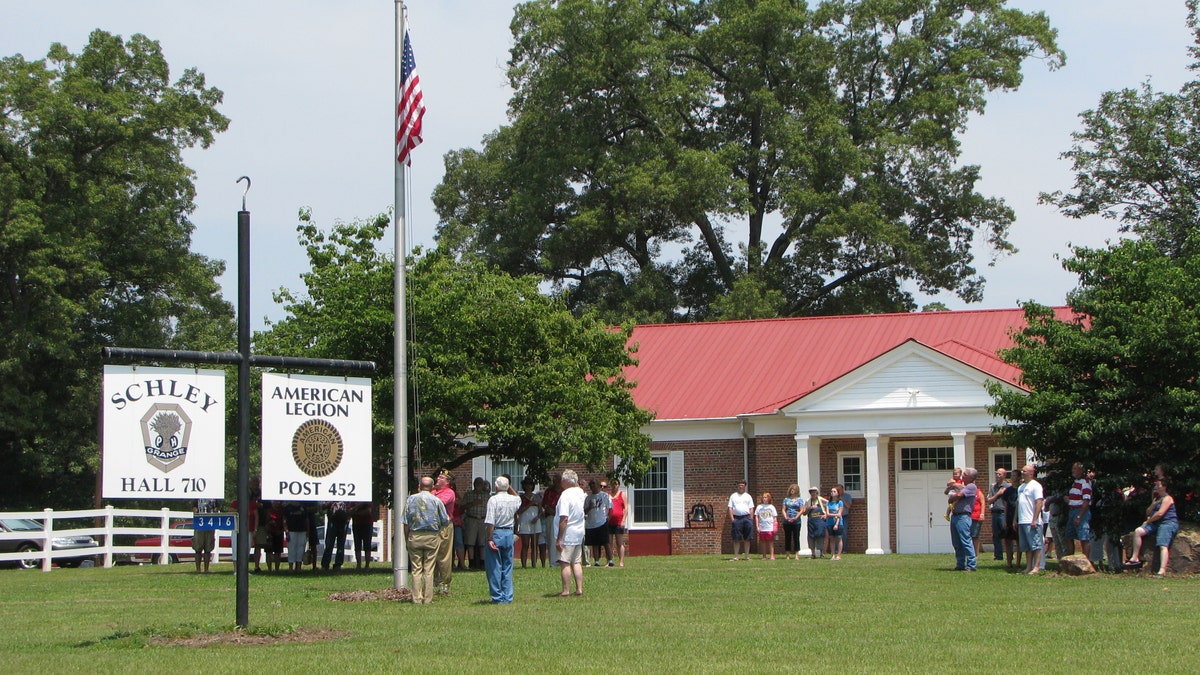
(David Hunt)
You’re might want to pronounce the name of this town like a winter-time, bell-covered horse-drawn sled after you’ve had too many shots of schnapps. But it’s pronounced “Sly,” like a fox. It’s unclear how the town got its name, but this unincorporated community, just six miles northeast of Hillsborough, is close to several corporate giants, such as IBM and GlaxoSmithKlein.
7. Helena, Montana
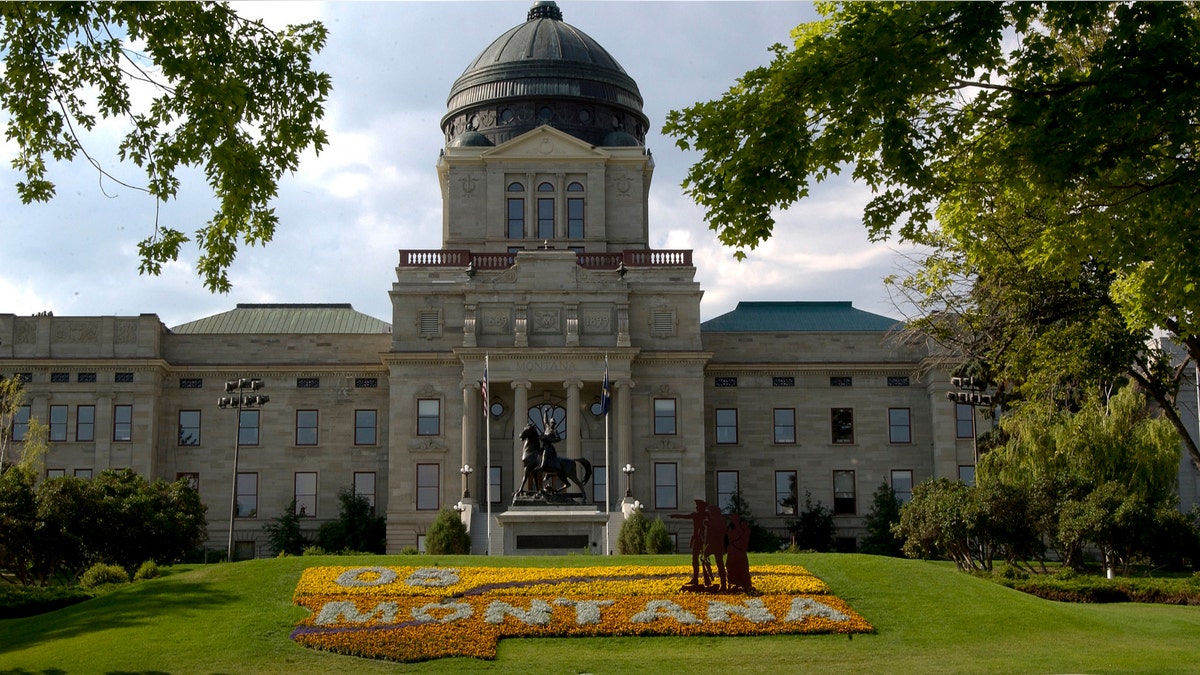
(Donnie Sexton / Montana Office of Tourism)
The capital city of Montana is pronounced HELL-e-na, not Hel-AY-na. Located at the foothills of the Rocky Mountains, wedged between Yellowstone and Glacier National Parks, Helena is a scenic city; however, gold is what initially attracted its founders, John Cowan, D. J. Miller, John Crab, and Reginald Stanley, known as the “Four Georgians.” The quartet named the town Crabtown after John Crab, but when miners from Minnesota infiltrated the area, the miners renamed the town Saint Helena after a town in their home state. Eventually, locals dropped the Saint and stuck with just Helena. Now, just don’t confuse this town with Arkansas town with the same spelling. That’s pronounced HELL-in-uh.
8. Worcester, Massachusetts
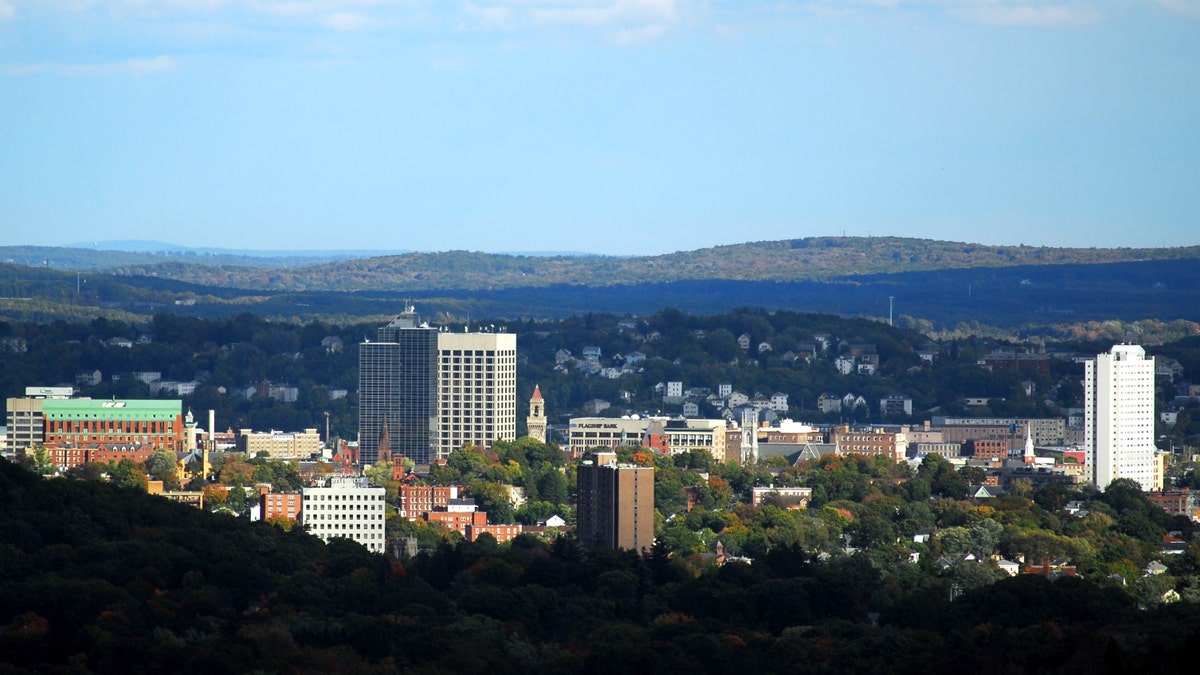
(Massachusetts Office of Travel and Tourism)
You best not be wearing your New York Yankee’s cap if you mispronounce the name of this town WOR-ches-ter or WOR-sess-ter. Like the city of the same name in England, the correction pronunciation is WUSS-TER, although in true New England fashion where r’s are a’s, you may hear it called WUSS-ah. Incorporated as a town in 1722, Worcester is now a bustling city with a population of over 180,000, making it the second largest city in New England. The city was originally named Plantation of Quinsigamond, but was changed to Worcester in 1684 as a tribute to Worcester, England and the battle that took place there.
9. Kissimmee, Florida
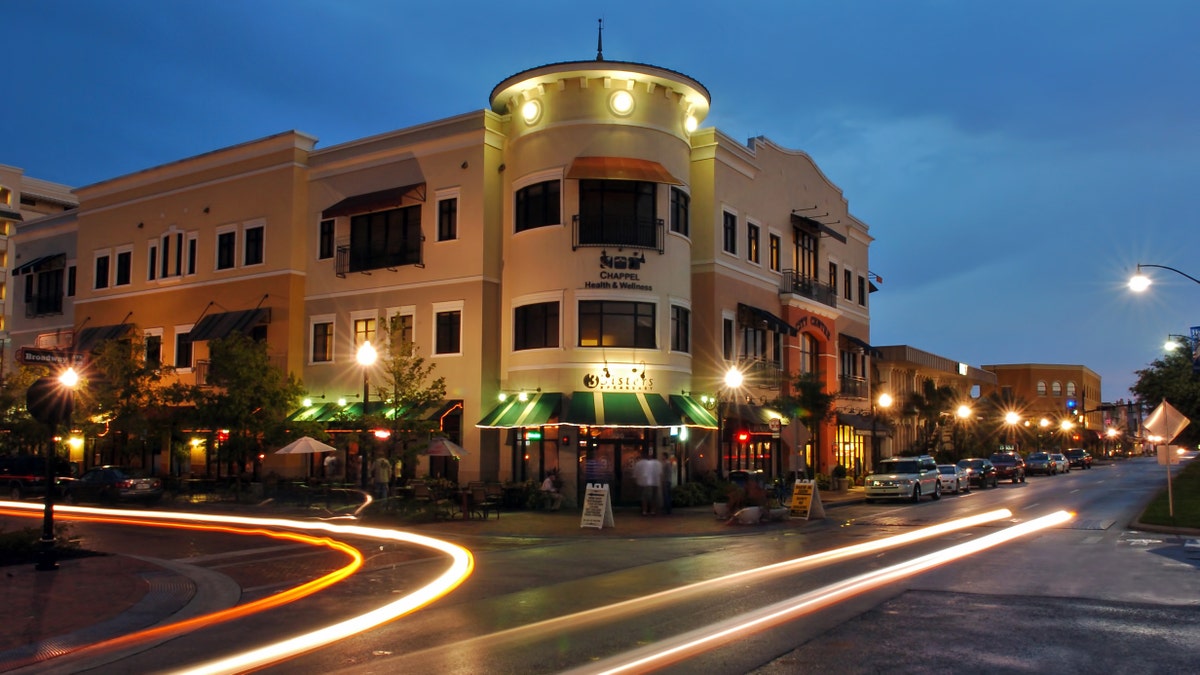
(Andrew Sullivan; Experience Kissimmee)
You may think there’s a whole lot of kissing that goes on in Kissimmee, but the city is actually pronounced ka-SIM-mee, not KISS-a-mee. Over 60,000 people reside in Kissimmee, a city located in Osceola County in central Florida. The city’s name is believed to come from a tribal word, perhaps Atissimi or Cacema. It’s debated as to whether Kissimmee translates into “long waters” (in reference to the Kissimmee River) or whether it refers to a place where mulberries grow—but what’s for sure is it has nothing to do with kissing.
10. La Jolla, California
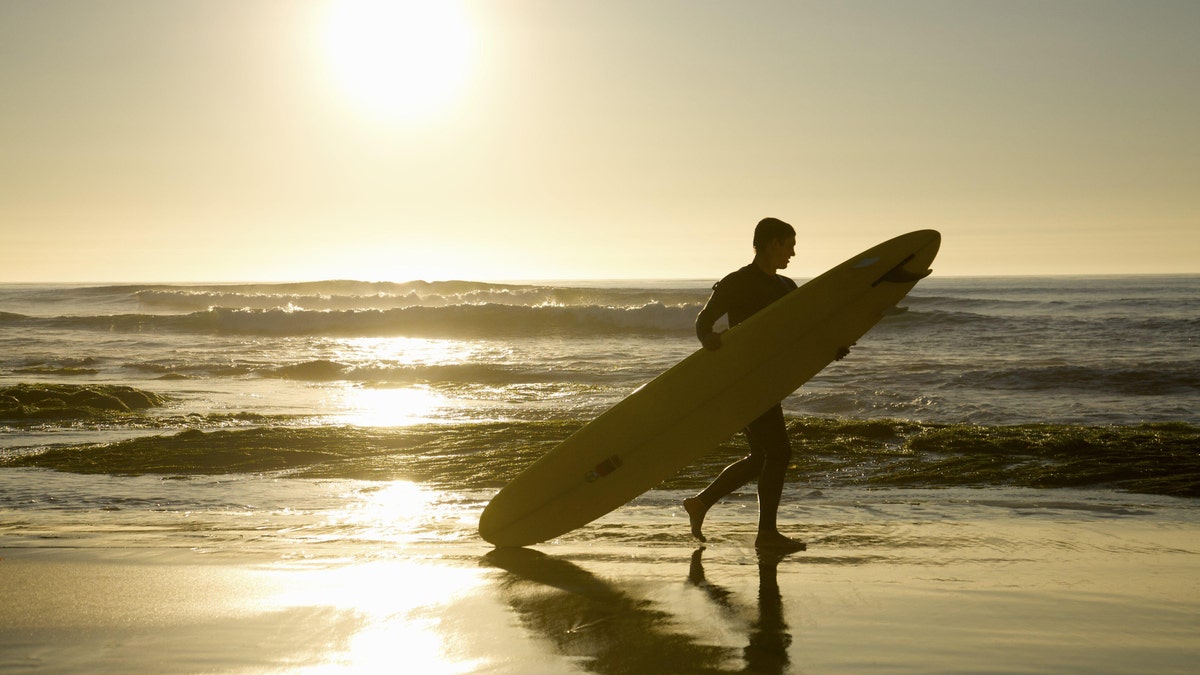
(California Travel and Tourism Commission)
While this town, commonly mispronounced La JOL-LA, conjures up images of happy people, the correct pronunciation is La HOY-a. La Jolla is a seaside community located within the city of San Diego. Some of its past residents include “Dr. Seuss” author Theodore Geisel and Senator John McCain. It is still unclear whether La Jolla’s name is derived from the Spanish word La Joya, meaning “the jewel,” or from the Native American term, Woholle, meaning “hole in the mountains.”




